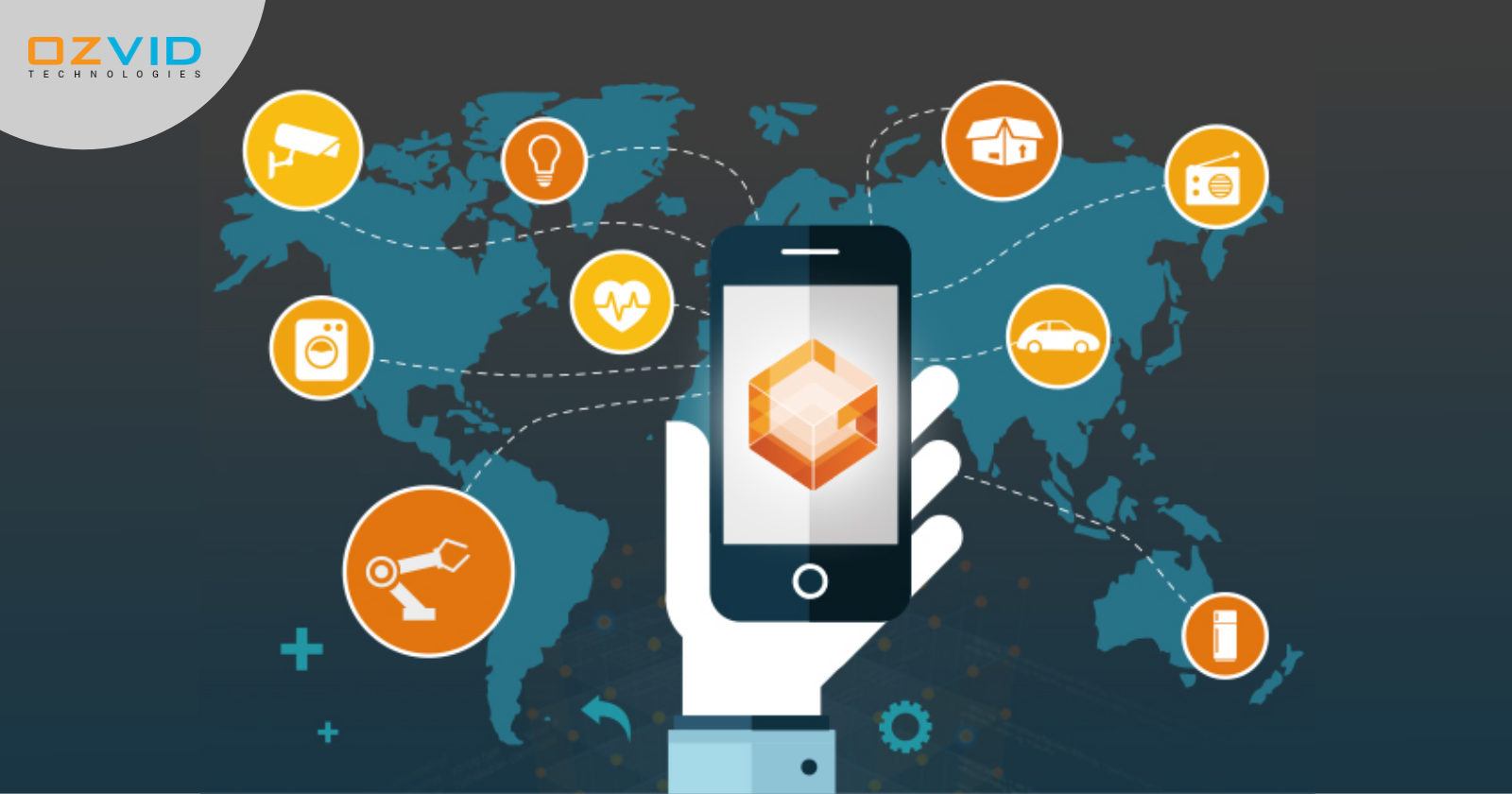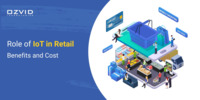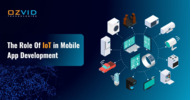- Jul 19, 2022
- Internet Of Things
- 9296
Share this post on:

Internet of Things is a modern technology connecting devices with one another through the internet. Right from the mobile phones and the cars to the gadgets in the home and even the whole city, everything is being connected and smart because of IoT. The first traces of IoT lead back to 1999 and it has grown exponentially from that point onwards.
The growth report for IoT, by Gartner, even suggests that there would be more than 26 billion connected things on earth by the end of the year 2020.
From smartphones and smart houses to smart cities, IoT is making everything smarter by connecting them to the internet. The internet of things is changing the way in which businesses interact with their targeted audience. It is not just collecting the information of the users, but, also examining it progressively for a more personalized user experience. The use of mobile applications has increased over the past few years and now customers are using their smartphone applications for different everyday activities.
IoT in mobile applications would empower businesses to offer a more customized user experience to the audience of people, while also promising obvious advantages to the marketers. Be it the healthcare industry, the automotive industry, or the business of everyday appliances, new IoT mobile applications are the future, and jumping on the IoT bandwagon would help organizations to pick up an edge over their competitors.
Impact of IoT on Mobile App Development
1. Empowering Innovative Business Ideas
The Internet of Things is opening new opportunities for various organizations for their application development. Soon we see new innovative applications rolling out in the online playfield. Numerous new business ideas, similar to that of Uber, FitBit, would surface in coming times because of this cutting-edge technology. Mobile app developers have comprehended that mobile users love being connected with their gadgets even when moving through their smartphones and new applications, leveraging this technology would not be a far-future.
2. Five-Tier Development of Mobile Apps
A major impact of the Internet of Things on mobile application development is that this new technology would segregate the whole development of mobile applications into a five-level process. All the five levels should be worked cohesively to build an amazingly connected mobile application. A departure from the traditional mobile app development is on the cards and new five-level development would be seen. The five levels would be a device, gateway, data, analytics, and application. Each phase of development needs keen focus to ensure that the applications turn out to be perfectly connected to the internet and one another.
3. Increased Security
As per a Ponemon Institute's 2017 study, 79% of individuals consider mobile apps to be a threat to the current security in the online ecosystem. With IoT being ubiquitous with mobile application development, the security threat would soon be weakened as it would improve the overall defense barriers of mobile apps. The physical gadgets would just be the first entry point for mobile app development, and other remaining four levels of mobile app development would strengthen the security of the application. Through data encryption and increased protection, IoT would ensure that the data it collects from the clients stay protected and secure from any potential security risk.
Connected things would become the future of mobile app development and most of the organizations would bounce on the IoT bandwagon to get lucrative outputs. Applications connecting the smartphones to smart devices would become essential for the businesses to maintain a competitive edge. Organizations can join hands with the reckoned mobile app development companies to get a connected mobile application that would fit right into their business model.










